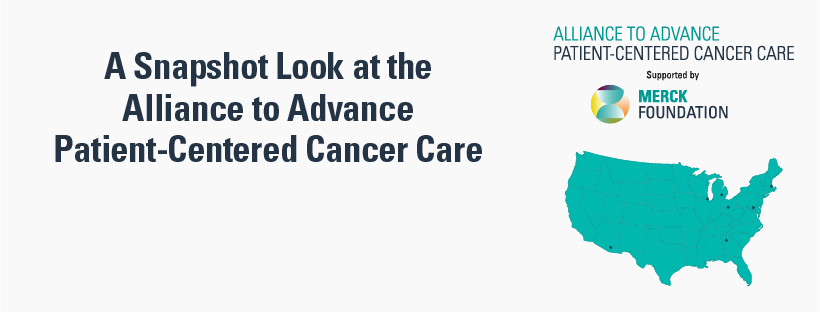Intervention Area: Southern Arizona
The University of Arizona Cancer Center (UACC) has a long-established supportive care program. Engaging in evidence-based psychosocial and supportive care has provided a number of benefits for patients and informal caregivers. The expansion of the Un Abrazo Para la Familia intervention provides additional support to underserved populations, especially monolingual Spanish-speaking individuals.
TUCSON, AZ – Despite advances, patients with cancer still face significant barriers to receiving comprehensive treatment. When it comes to mental health and depression stemming from their cancer diagnosis, lack of adequate screening or detection of symptoms means they often lack access to effective, evidence-based psychological care. Underserved cancer patients particularly (including Hispanic/Latino, low income, rural, and elderly patients) frequently report higher rates of depression and family stress, but they are among the least likely to be able to be referred to specialized services. Patients often identify specific barriers to receiving patient-centered cancer care, including language, geography (travel times to their medical provider), limited cultural competency of their providers, and cost.









